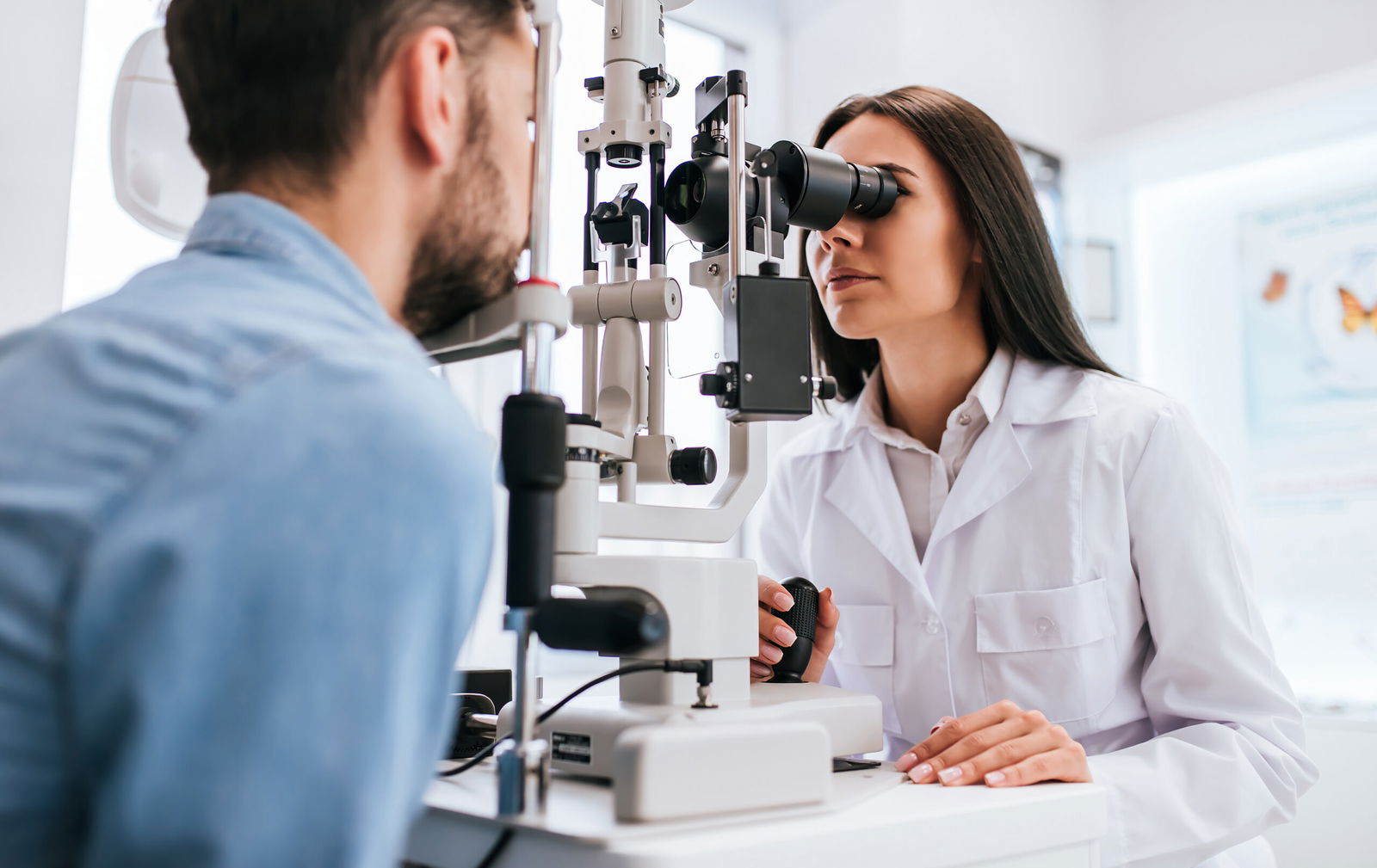
Introduction
Over the last few years, digital government programs have accelerated and therefore increased investment into the sector. Government institutions have begun to see the great benefits of digital transformation programs and associated technologies. This was exactly the case for the client, which sought to improve outcomes for its citizens by simplifying and automating many key processes, highlighting the importance of joining the era of digitization.
The Government recognized the role that digital transformation could play with regards to public data, specifically the accuracy and timeliness of this data. Human error in manual processes can lead to many issues with data, primarily inaccuracies, but occasionally total loss as well as issues with storage and scalability. For this project, they invited Chakray to collaborate in solving this immediate need and also to establish a new system for national identity documentation and citizen registration services which, until then, were done with physical documentation and manual records.
The Government of Africa was very clear about what it wanted to achieve with this project:
- Sustainability: Long-term advancement through technology.
- Reliability of information: Inbound versus outbound.
- Faster services: Fast and user-friendly public services.
These objectives were intended to improve service delivery through the reuse of data, as well as the achievement of a coordinated government through the seamless exchange of data across sectors in a rational, secure, efficient and sustainable manner. In addition, these changes will lead to improved staff productivity, compliance, transparency and data security, enabling the country to adapt to the new working ecosystem and an agile mindset that will help them make proactive changes for the near future and enable processes to make their operations more flexible and cost-effective.

The Solution
The driver to solving this problem was digitization. Particularly, e-Government platform was proposed by Chakray to digitize key public services. This would solve the human problem, convenience and data sensitive protection.
E-Government platform, a solution that is composed of multiple modules which include Semantic and System Catalogue, Integration module, API Management module, Identity and Access Management module, Analytics module, Dashboard/Reporting module, Mobility module and IoT module that can scale independently and will be deployed on-premise on the government data centre. Minimum of 5 functional modules which integrate in to provide unitary packaged solutions. Multiple channels are expected to consume services and capabilities of Application and Data Integration platforms. They are Mobile Channel (smart phones, basic phones USSD), Web Channel, Kiosks, Devices (IoT/ Smart City / Smart Agriculture) and Systems: B2B, B2G endpoints. An eportal will be built on top of the Application and Data Integration platform to provide “one stop shop” for citizens to interact with government services. An Omni-channel experience is provided across channels.
Building blocks of the platform are 100% Enterprise open source and released under Apache 2.0 license. The source code is available on Github. All the component families that make up Application and Data Platform have been available for more than 10 years used by fortune 500 companies across the globe in many domains with complex enterprise systems.
The Application and Data Integration Platform will be designed as a framework. The framework will be composed of multiple modules (components) which provide specific capabilities and components that handle cross cutting concerns like security, governance, auditing etc., Each module will be self-contained, independently scalable components. Each component will support multiple deployment models which covers on-premise, in container and cloud deployment models.
The Application and Data Integration Platform will be composed of the following modules.
The following technologies were used in the project for the purpose described:
- WSO2 API Manager – Provides API Management capabilities.
- WSO2 Identity Server – Provides the Identity & Access Management capabilities.
- WSO2 Enterprise Integrator – Provides the ESB integration capabilities.
- WSO2 Business Process Server – Provides the business process workflow capabilities.
- WSO2 Stream Processor – Provides stream processing capabilities for analytics.
- WSO2 Governance Registry – Provides Semantic and System Catalogue capabilities.
- WSO2 – Entgra IOT Platform – Provides end-to-end IoT application development.
In order to deliver the project, Chakray used the Agile delivery model as a methodology which is a customercentric approach to defining, building, and releasing a continuous flow of valuable products and services to customers and users.
The services that Chakray provided didn’t end here, they also provided consulting and training services for the Government of Africa.



Outcomes
The project was successfully executed and was key to the client’s digital transformation, thanks to the good coordination between both teams. The project was delivered on time and on budget and was executed scrupulously.
The project was not without challenges, due to the Covid-19 situation the on-site presence was not practical, so Chakray and the client had to adapt to the situation and started to have online meetings on a very regular basis in order to have good communication between the parties. On the other hand, Chakray also introduced a new standard documentation gathering process for requirements meetings, thus improving the change management processes.
The main results obtained were:
- Interlink all government agencies.
- Save citizens time in getting government services
- No more point to point implementation which reduces the cost as the platform supports connecting to each entity.
- Connect 56 districts.
- They launched the eCitizen portal, a one-stop online centre for Government online services. Its main objective is to enhance Government service delivery to citizens, non-citizens, businesses and to Government Ministries, Departments and Agencies (MDAs).
Now that the Government of Africa has achieved what they wanted, which was to be sustainable with the help of the technology, to have reliability of their information and faster public services, they can go On boarding to the remaining entities to the implemented integration platform where Chakray continues to share that journey with them due to the good outcomes achieved.

About the project
The Technologies
The following technologies were required to deliver the desired outcomes:













